Dr Mahathir Mohamad has served two stints as prime minister for a total of 24 years, and many policies have been envisaged and implemented under his watch.
However, some of his decisions and their consequences proved controversial and have come under the scrutiny of royal commissions of inquiry (RCI).
These ad-hoc fact-finding missions are appointed by the Yang di-Pertuan Agong, usually with advice from the prime minister, under the Commissions of Enquiry Act 1950 and have broad powers to investigate matters within their terms of reference.
Last week, the government announced an RCI would be formed to investigate sovereignty issues regarding Batu Puteh, Middle Rocks, and South Ledge.
The scope of this RCI is not yet clear, but could put a spotlight on Mahathir once again.
Johor's Sultan Ibrahim Sultan Iskandar, who will be sworn in as the new king tomorrow, has made no secret of his dismay towards Mahathir’s 2018 government decision to stop pursuing a review of the issue at the International Court of Justice.
Here is a quick rundown of past RCIs that are connected to Mahathir’s policies and decisions in some way.
Anwar’s black eye
In 1998, Anwar Ibrahim fell out of favour with Mahathir and was removed from office as deputy prime minister and finance minister, and was subsequently arrested.
When he was brought to court on Sept 29, 1998 to face charges of sodomy and abuse of power, Anwar showed up with a bruised eye and told the court he was beaten unconscious while at the Bukit Aman police lockup on Sept 20.
The inspector-general of police at the time, Abdul Rahim Noor, initially lied that Anwar was safe and claimed that Anwar’s injury was self-inflicted.
An internal police investigation reportedly confirmed Anwar was beaten in police custody but could not find the culprit, supposedly because the investigating officer could not interview his superiors.
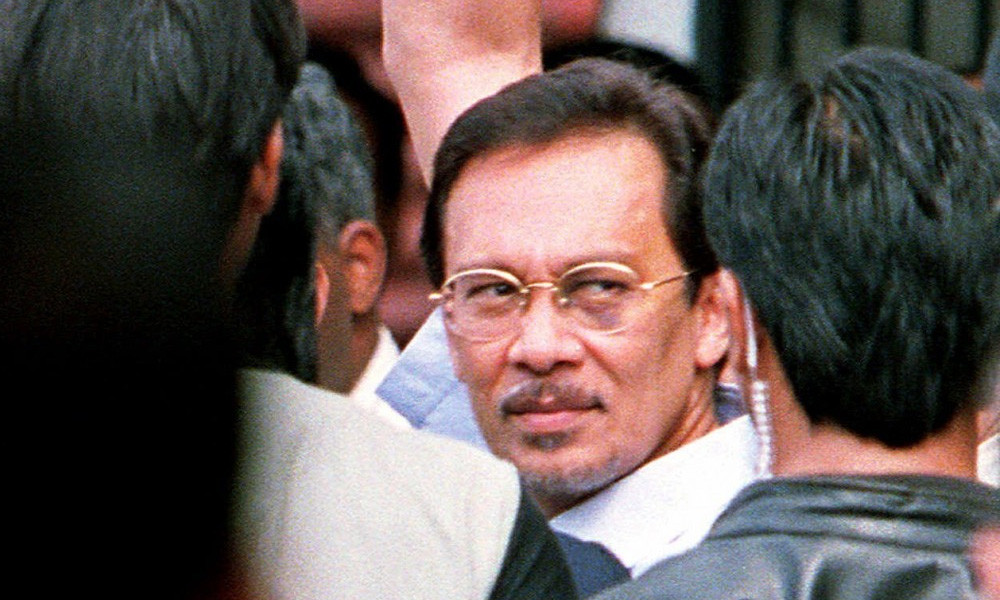
It was only after an RCI was formed to investigate Anwar’s injuries that Rahim, testifying to the commission on March 2, 1999, admitted to slapping Anwar and causing him to fall on a cement slab in his cell. He said he could not remember if he gave Anwar further beatings, though Anwar testified of many more blows.
A separate court proceeding sentenced Rahim to two months imprisonment for assaulting Anwar. He also apologised to Anwar as part of a settlement for a lawsuit.
In 2018, Mahathir revealed that he was angry at the police in 1998 for not putting Anwar on trial.
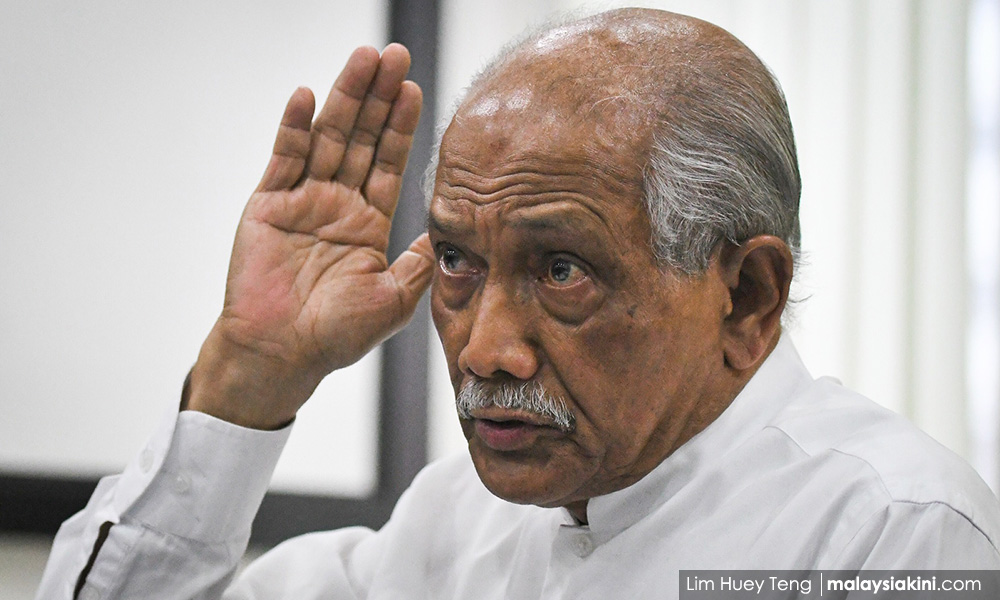
“At first, they didn't want to tell me. (It was) later only they told me that they had given him a black eye.
“You see, after that, (if) you go to the court (with Anwar's black eye) and you know what is going to happen.
“But I insisted they must go to the court,” he reportedly told Sinchew Daily.
‘Correct, correct, correct’: Judiciary in crisis
In 2007, Anwar unveiled a video clip recorded in December 2001 by whistleblower Loh Gwo Burne that showed senior lawyer VK Lingam in the midst of a phone conversation with Ahmad Fairuz Sheikh Abdul Halim.
They discussed Mohamad Dzaiddin Abdullah’s impending retirement as chief justice in 2003, and talked about roping in tycoon Vincent Tan and then minister Tengku Adnan Tengku Mansor to talk to Mahathir and ensure Fairuz gets the top job.
Fairuz would become Court of Appeal president a year after the conversation, and chief justice after Dzaiddin’s retirement.
An RCI would soon be set up after the video was revealed. Its report released the following year recommended that Fairuz, former chief justice Eusoff Chin, Lingam, Tengku Adnan, Tan and Mahathir be investigated under a slew of laws including the Sedition Act, Official Secrets Act, Penal Code, Prevention of Corruption Act and the Legal Profession Act.
Nevertheless, nothing came of the report aside from Lingam being barred from practising as a lawyer.
The government told Parliament that no charges would be made because there was insufficient evidence to show a criminal offence was committed.
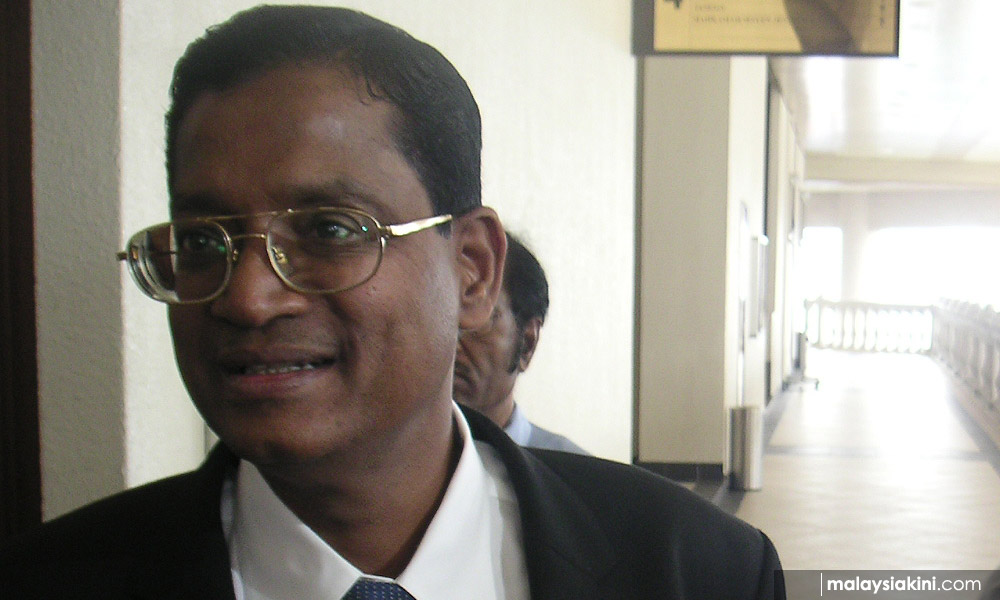
During his testimony to the commission, Mahathir responded to many questions posed to him by saying that he could not remember.
Nevertheless, after the government’s decision not to press charges against Lingam, he expressed regret saying that he was looking forward to clearing his name in court.
Project IC
Project IC, sometimes called “Project M” for “Mahathir”, is an alleged citizenship-for-vote scheme spearheaded by Mahathir in the 1990’s that altered the demography of Sabah in favour of Umno and its allies.
An RCI was set up in 2012 to investigate the allegations.
The commission’s report released in 2014 concluded that the project “probably” existed, but pinned the blame on former National Registration Department officials who corruptly raked in millions of ringgit.
It exonerated political parties and the government of involvement.
Nevertheless, issues of citizenship and immigration remained an electoral hot-button topic for years to come.
Forex losses
In the 1980s and 90s, Bank Negara Malaysia racked up significant losses through its foreign exchange (forex) activities.
Decades later in 2017, the government under then-prime minister Najib Abdul Razak announced an RCI to investigate the matter.
This was after a task force found the losses were larger than previously thought and had signs of a cover-up.
Despite these justifications, opponents cast the RCI as Najib’s attempt to deflect attention away from the 1MDB scandal towards his political rivals instead.
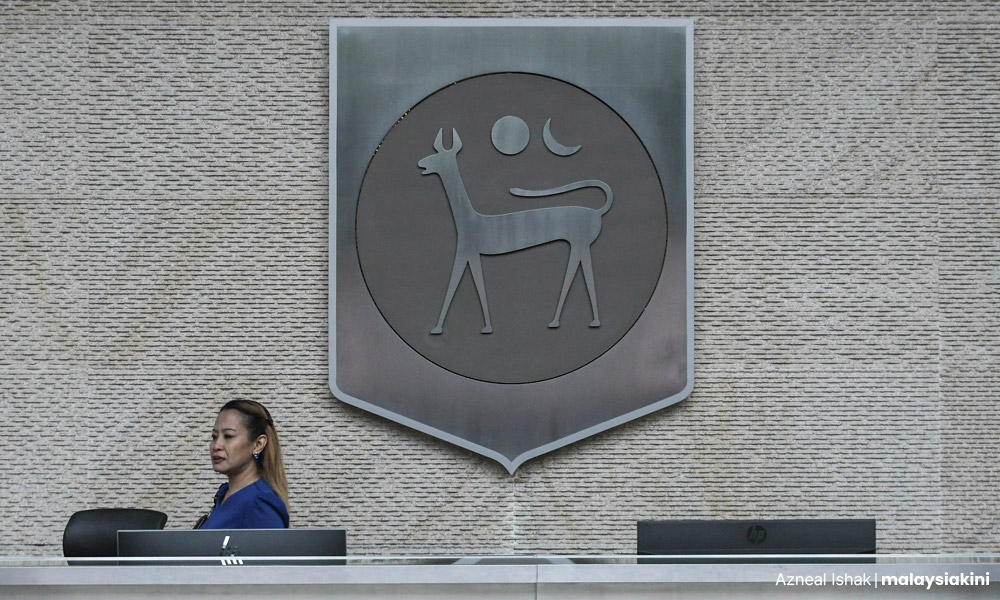
The RCI’s report ultimately concluded that BNM’s forex trading activities were excessive and went beyond the scope of managing Malaysia’s foreign reserves, resulting in a loss of at least RM31.5 billion between 1991 and 1994.
It identified Nor Mohamed Yakcop, who was part of BNM management at the time, as the person responsible and suggested that Mahathir and Anwar may have abetted him to conceal certain facts from the cabinet at the time.
The RCI recommended an investigation against all three of them, as well as Daim Zainuddin who was finance minister until he was succeeded by Anwar in 1991.
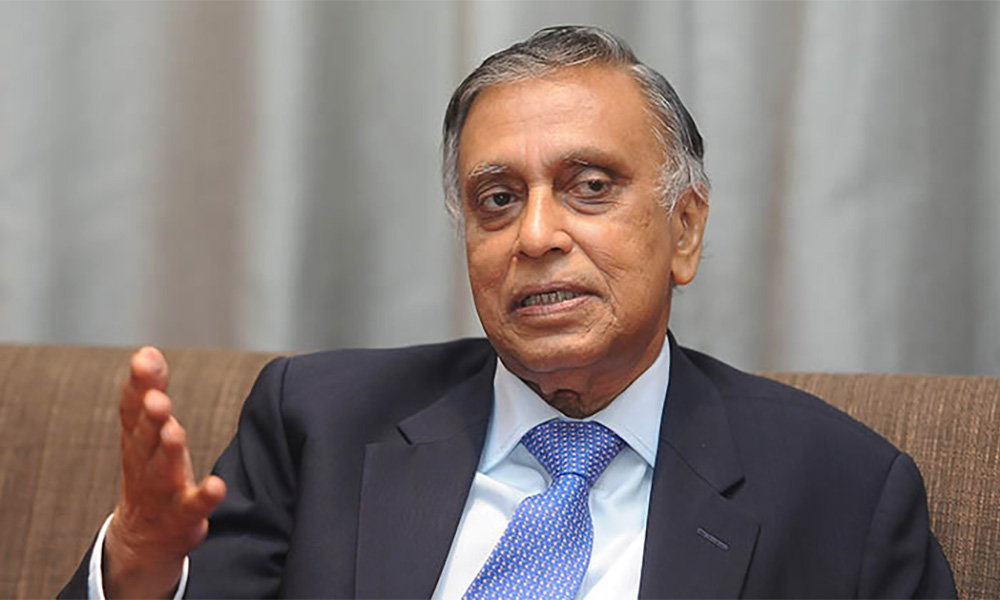
The commission’s secretary lodged a police report based on its findings on the same day the report was tabled in the Dewan Rakyat.
Meanwhile, Mahathir’s lawyer Hanif Khatri Abdulla claimed the RCI report omitted documents the former premier had provided to the inquiry.
Ultimately, not much came of the RCI’s recommendations.
In 2019, with Mahathir back in Perdana Putra, then de facto law minister Liew Vui Keong said the case had been classified as “no further action” due to the lack of documentary evidence of the alleged wrongdoing.
Moreover, the commission’s secretary had retracted the police report. - Mkini

No comments:
Post a Comment
Note: Only a member of this blog may post a comment.